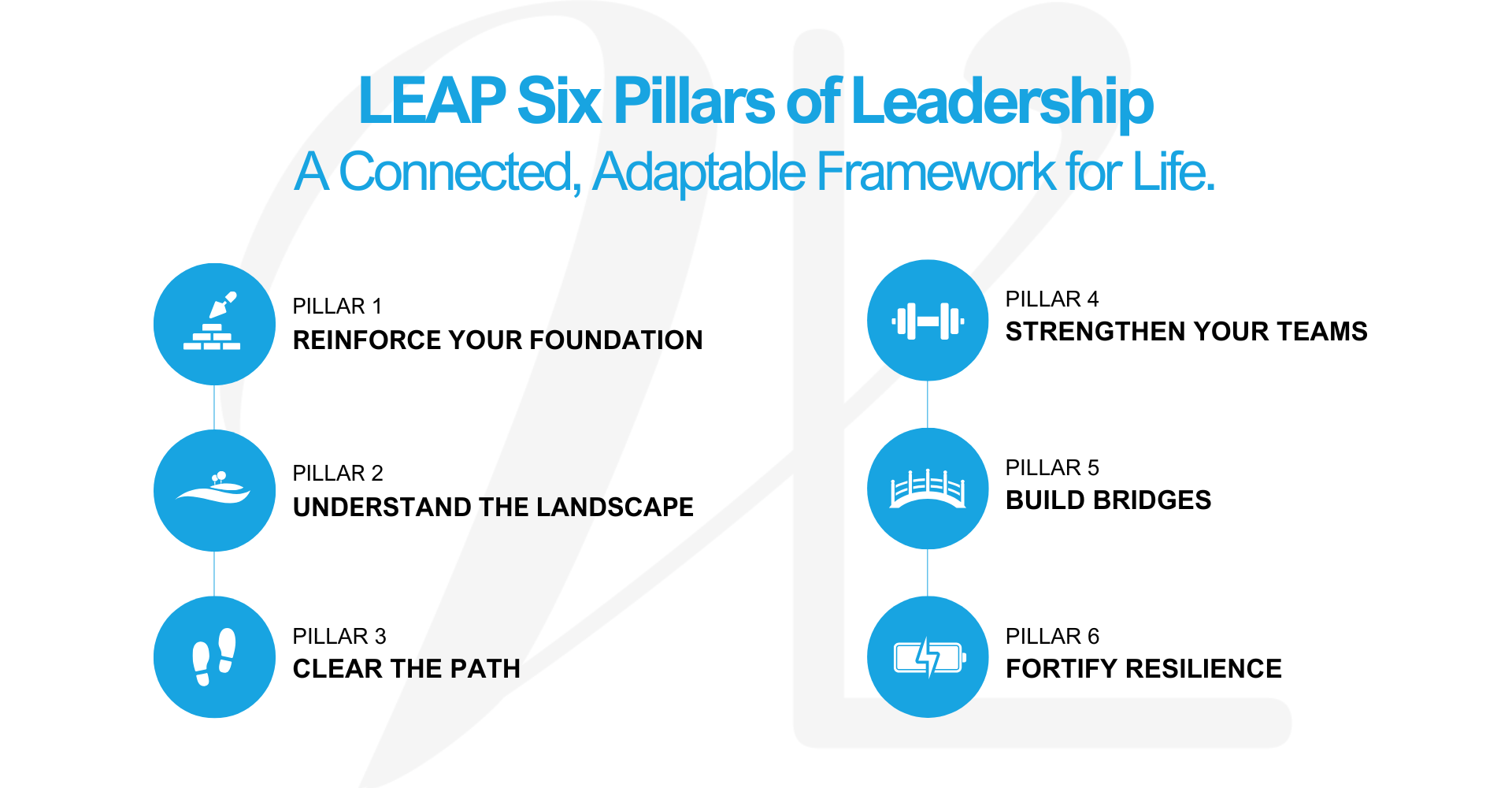After three wonderful years, this is the last “Reflections” I will write from the LEAP Mentoring Sessions as I shift gears to focus on my new role, Global Chief Marketing and Corporate Affairs Officer at HP. My dear friend, and mentee of over a decade, Nadine Dietz, and an amazing group of best-in-industry mentors will continue to deliver LEAP and take it to new heights. I will continue with LEAP as Chairman of the Advisory Board and lecturer of my two favorite sessions – Purpose and Executive Presence.
LEAP has been one of the most enriching experiences of my life. Thanks to your participation and support we were able to support close to 300 senior Marketing ecosystem leaders. As part of that, I was able to personally provide close to 900 hours of one-on-one mentoring sessions. I must say that in those sessions, I learned about leadership from your teams as much as I was able to contribute to their journey. For that I will be eternally grateful.
This reflections document is special for me as I am not only reflecting upon the conversations I had with our amazing leaders, but I also begin to reflect upon the journey that I am about to undertake as I return to the leadership chair. With an open heart and a blank slate, beginners’ mindset, I found myself replaying in my mind some of the conversations I had during LEAP, particularly those about leading during dramatic and transformational times. I also found myself not only reading everything I found about the opportunities and risks of Gen AI but also returning to some of my previously written reflections on leadership. I found one written more that a decade ago that I decided to update as a guide for me and all our LEAP graduates as we begin 2024. It was then called Leadership in the Age of the Unthinkable. It applies today in 2024 more than it did then.
As we begin 2024, the world continues in turmoil. We feel that time goes by too fast; that technology is both a blessing and a curse and that keeping track of all the internal and external forces that directly or indirectly impact our lives is a daunting task.
A decade ago, I heard Mr. Joshua Cooper Ramo speak in China. Joshua continues to be the vice chairman of Kissinger and Associates, a think tank and consulting group, specializing in macro socio-political and economic trends. Joshua is also a renowned journalist and expert in China.
At that time, Joshua spoke about his book “The Age of the Unthinkable”. It stated that in a rather short period of time our world has undergone dramatic economic, social, and political transformations. And that change will not slow down. He said for the foreseeable future instability and unpredictability will become the new normal. This was over a decade ago.
Joshua Cooper believed then and confirms now that we should accept and embrace this new reality and capitalize on the many opportunities that this fast-paced world will bring us.
He used quantum physics to describe the new world. I was drawn to this analogy because in my past and as a student of innovation, I had to research the philosophical conversations between Einstein and Heisenberg. Both men won noble prizes in physics: Einstein in 1921 and Heisenberg in 1932.
Einstein believed in traditional physics - if we knew weight, speed, and distance we would be able to predict outcome, pretty much on everything in the universe. His views were summarized with the statements: "The universe operates like clockwork" and "God does not play dice".
Heisenberg, one of the fathers of quantum mechanics, disagreed. In his observations of subatomic particles, he was able to observe that it was really impossible to predict outcomes. You could observe and explain but never predict outcomes, because the universe, at its core, was a pretty "uncertain place"; he called it "The Principle of Uncertainty".
From a philosophical standpoint Heisenberg had a very daunting view of the world. But he redeemed himself and us all by adding an amazing observation. Every time he tried to observe those particles by adding beams of light, he was able to alter the position of the particles and the outcome. This conclusion was transformational: Man, by the mere act of observing and interacting with reality can change its outcomes. So, man is not a passive observant. We are all protagonists and script writers of history, and that is a powerful reassuring thought.
So, what to do? How to lead? How to become a protagonist and script writer of history? Here are five observations. Their relevance to our 2024 moment was confirmed in my conversations with LEAP participants over the last 3 years.
- People and organizations need to be more than ever anchored in purpose. Purpose is the moral compass that allows us to navigate through challenging times without losing our core in the process. Finding out what we stand for and drawing the "do not cross line" in the sand is more critical than ever. In the age of transparency, we will be judged not just by our intentions and actions, but also our omissions.
- Business is no longer just about profit; it is about enhancing every life and community that we touch. The focus should expand beyond shareholders to include all other stakeholders. This expanded circle of influence needs to be addressed through comprehensive and integrated approaches that drive business and economic wellbeing over time. To achieve this, leaders need to have a holistic view of the world, one that combines economic, political, social, consumer and technological trends.
- As Leaders we need to live in both "global and local" worlds. Our world is interconnected through technology. Citizens navigate from the local to the global within a touch, wave or click of any communication device. Local priorities need to be addressed without losing track that any action will have global implications. Caring is the new selling in the age of transparency. We need to be immersed in the world by understanding citizens and consumers deeply. They also need to understand the role that technology plays in their lives and become masters of the world of innovation. Solving people's real problems with real solutions that not only work but make people feel good about their life will carry a heightened emphasis.
- We must develop structures along the principle of "centralized decentralization". That means units that operate freely within their markets but are held together tightly by a sense of aligned purpose, clearly defined roles and constant free flowing communication. Given the rapidly changing dynamics of every market and the global implication of every move, centralized decentralization is the only possible structure approach for the new world order.
- Finally, we must acknowledge that the most important leadership characteristic to thrive in this ever-changing world is resilience. Resilience is the ability to fall, pick ourselves up from the floor quickly, learn and continue with our journey. Behind resilience there is an inherent positive outlook on life based on unwavering faith in our purpose, our abilities and the capability of the teams around us.
In the Age of the Unthinkable, where uncertainty may be our only certainty, leaders can guide the way and make a difference on institutions, companies and people's lives. As leaders, we could only wish for an Einstein like universe that works like clockwork. But we must only act according to Heisenberg and his Principle of Uncertainty, where everything may be unpredictable or even unthinkable but where our purposeful and illuminated actions can affect the outcome of the universe.
May we continue to thrive and stay connected #LEAPForever - Antonio Lucio
You May Also Like
These Related Stories

LEAP Six Pillars of Leadership Pillars with Tips from the Top

10 Things Great Leaders Do (According to the People They Lead)

.png?width=192&height=60&name=VirtuosiLEAP_white_logo%20(1).png)
